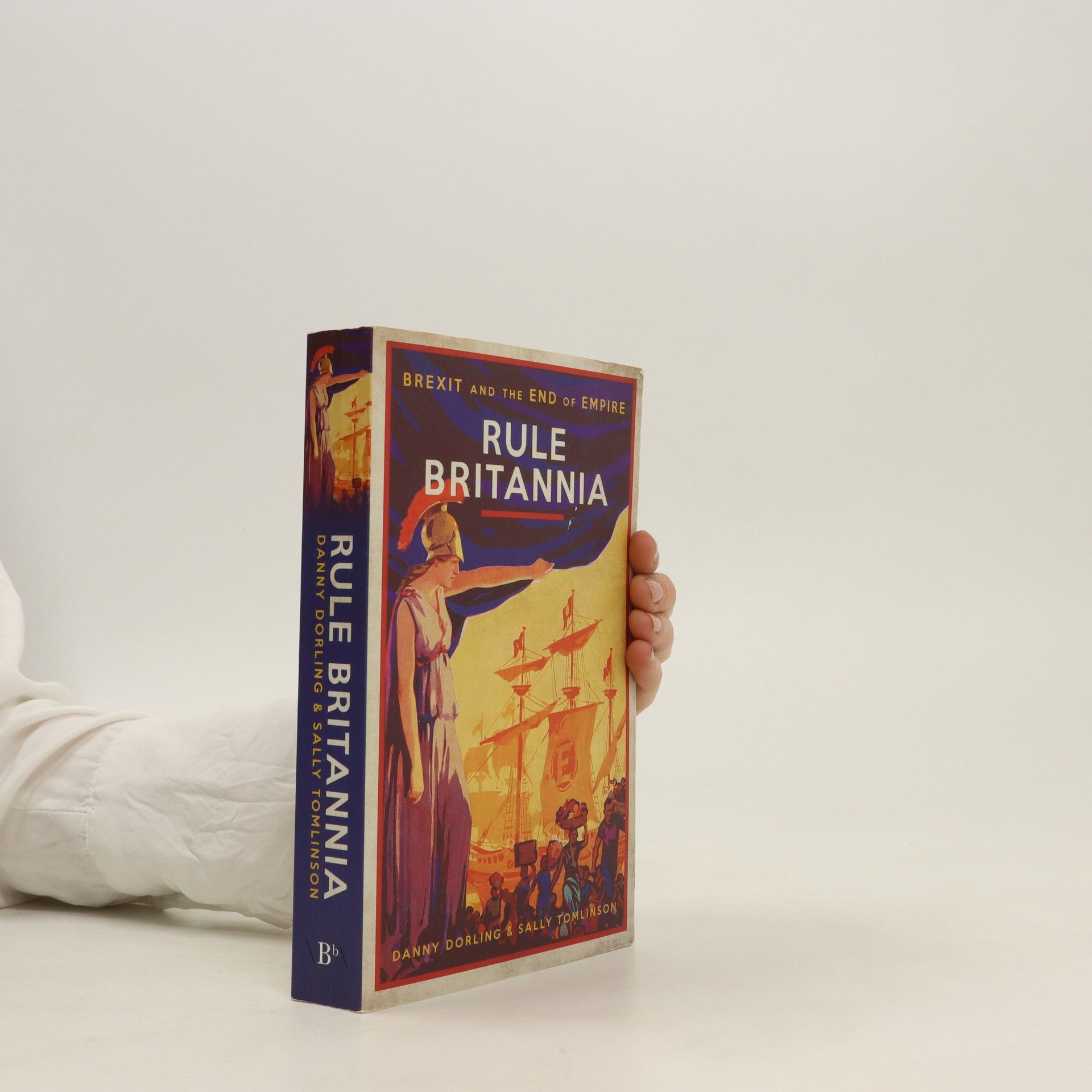Rule Britannia
- 416 páginas
- 15 horas de lectura
The authors argue that the vote to leave the EU was the last gasp of the old empire working its way out of the British psyche. Fueled by a misplaced nostalgia, the result was driven by a lack of knowledge of Britain's imperial history, by a profound anxiety about Britain's status today, and by a deeply unrealistic vision of the future.

